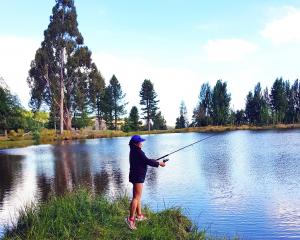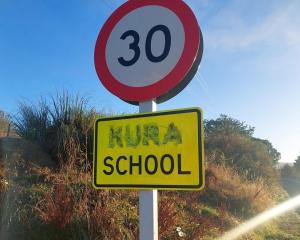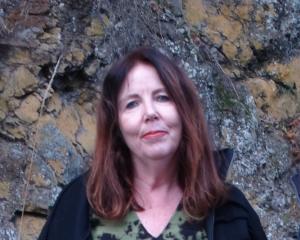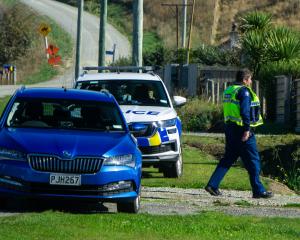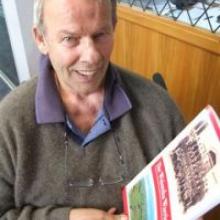
North Otago farmer and author Lindsay Malcolm has penned The Waiareka Warriors - the story of the military service and sacrifice of the men and women of the Waiareka Valley.
There were about 450 people who went into armed services from the valley and 76 did not return. Their stories have been told by Mr Malcolm.
While the magnitude of the wartime disaster felt within the rural area had been eroded over time, if compared with the loss of life in the Wahine disaster or Cyclone Tracy, it was a larger catastrophe, Mr Malcolm said.
The idea of the book was something that had been "niggling" away for a long time.
It took a year's research and a further year to compile it.
It has been dedicated to Mr Malcolm's father, Private William Malcolm, who for the remainder of his life grieved for the men of the valley left behind on the other side of the world.
His request of the next generation was that those who died would never be forgotten.
The foreword is by Robin Klitscher, former national president of the RSA, who lived at Windsor as a youngster when his father was headmaster of the school.
As people who had long associations with their communities died and were replaced, the knowledge of the past disappeared with them. Unless that knowledge had been tangibly recorded, it was lost, Mr Malcolm said.
"Today the ability of people to recall something of those who sacrificed their lives in World War 1 has virtually gone, and in the case of those lost in World War 2, few are able to recall them on a personal basis.
"With the passage of time, we have lost the true perspective of the sacrifice and cost in human life our communities endured," he said.
While it was easy to read a list of names of the men who left the valley never to return, it was much more meaningful if something of the details of their lives was known about them.
"Hopefully, when we listen to the ode and utter the words: `We will remember them', we will at least know something of who they were, as we honour their memory."


